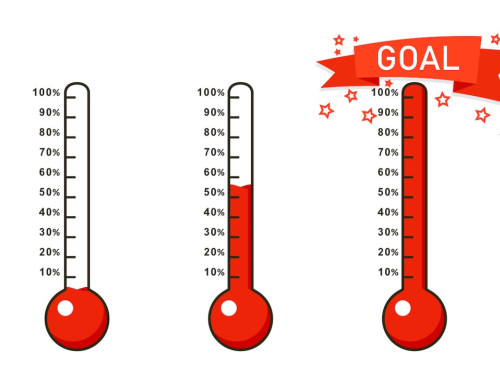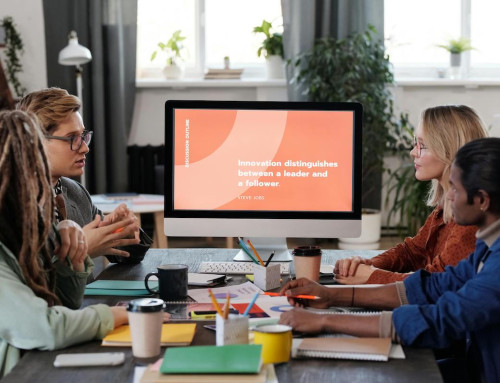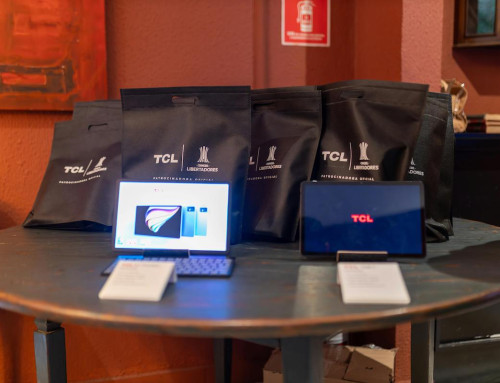What are the considerations for how institutions can deliver Alumni events in an uncertain world?
Subscribe to receive updates when we publish new and interesting content.
2020 saw institutions around the world forced to drastically rethink their alumni event programmes. With ‘In-person’ no longer a possibility, many universities moved their events online. We learned from a panel of representatives from institutions how they have been responding to the changes and thinking outside the box, the bravery, courage and innovation to rise to the challenge.

Dublin City University
Dublin City University hosted an annual Alumni Awards ceremony, designed to bring students and alumni together. This is usually a black-tie event and much anticipated throughout the year. Their awards are split into two categories, Alumni Awards and Outstanding Achievements. In 2019 the event attracted approximately 300 attendees including staff, graduates and awardees.
“At DCU we are dedicated to ‘Transforming Lives and Society’. In honouring our extraordinary graduates, we renew the commitment to our great mission, and we celebrate our graduates as an inspiration to students, staff, and supporters”. Professor Daire Keogh, DCU President.
The COVID-19 pandemic in 2020 forced the university to switch to an online nomination system and bringing in a production company to produce an online event. The whole production took around two months rather than the usual nine and saw cost savings of up to 68% when compared to the original in-person format.
Whilst it was agreed that dressing up for an event is great fun, the online event actually reached a much larger audience and a hybrid style event is being planned for the future.
Trinity College Cambridge
Trinity College saw their Christmas carol service thrown into turmoil in the last half of 2020. In previous years their long-running format saw over 500 attendees congregating for mince pies, mulled wine, champagne and of course, carols. The college has always stated that the event was not seen as a fundraising opportunity and merely as a much enjoyed, highly social annual event. In 2020 instead of ‘Oh Come All Ye Faithful’ they opted for ‘Oh Come All Ye Digital’ with the church-based event being replaced with a living room concert and pre-recorded performances from all over the world.
The college noted five key takeaways from their 2020 event:
- A hybrid of in-person and online events would be programmed in future to ensure inclusivity for all global alumni who wish to attend
- The College would consider how to make this approach sustainable
- Opportunities will be developed to surprise alumni and supporters
- They would measure the success of future virtual events
- Look into developing social events further as they move forward
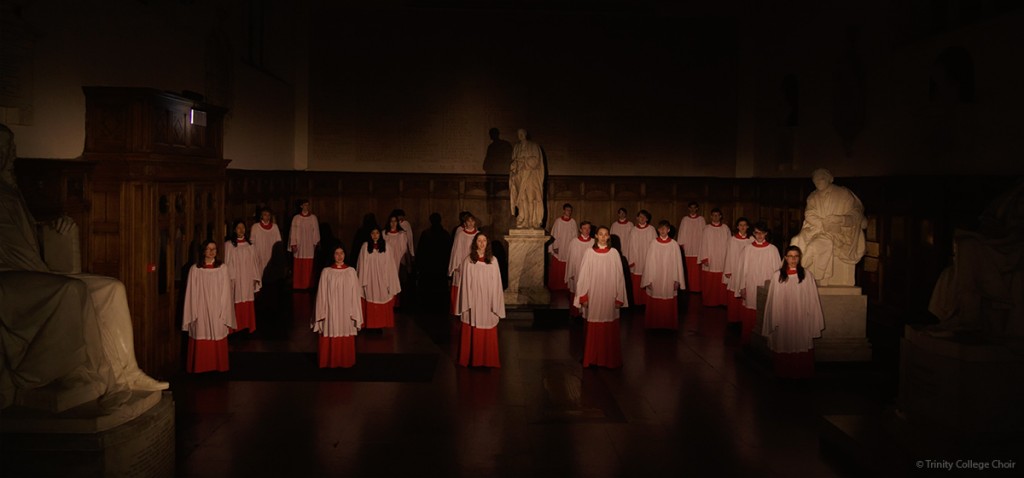
University College Dublin
University College Dublin hosts an annual three-day celebration showcase designed to bring the local UCD community together. Their 2019 event took five months of planning with 170 events including talks, showcases and workshops. The event saw 22,500 participants over three days with over 600 volunteers taking part. There were a few specific global events organised such as chapter barbecues etc but the event focussed primarily on its local area.
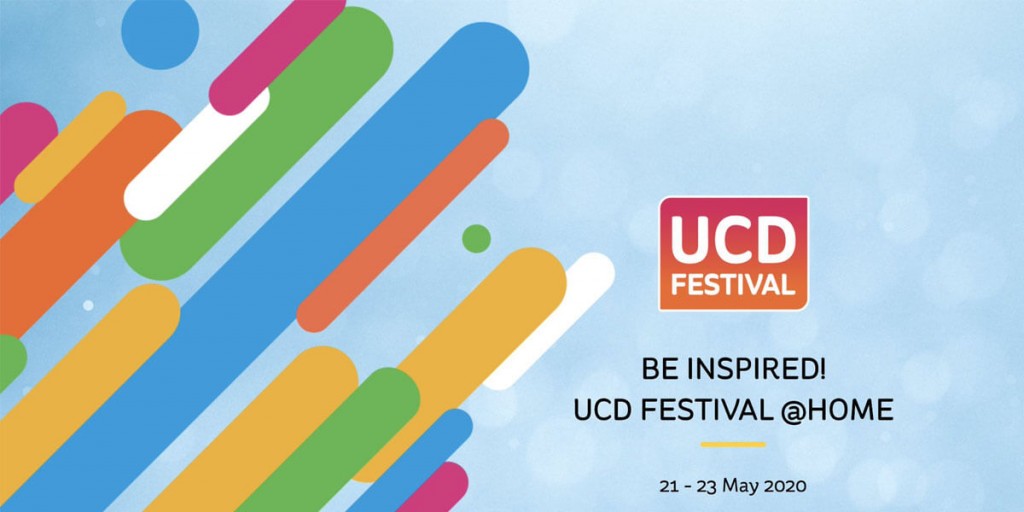
Their pandemic pivot brought new challenges. There was less support for the event from the wider university community, whose focus was primarily on student learning. The planning committee had little experience with running online events and realistic expectations had to be set. In the end, the event only used 50% of its budget and all the online events were pre-recorded.
The college’s 2020 UCD Festival took a mere 5 weeks of planning and saw 22,500 visitors over three days with an astounding 1.5 million impressions and engagement from 58 countries around the world. The event set a precedent that large-scale events could successfully move online and retain the festival spirit.
There are many ways that institutions can engage with their alumni, however, sometimes a new way of thinking can bring surprising and positive outcomes. These examples of pandemic positives can be found at institutions all over the world as they navigate through the uncertain territory. Whilst the world may never be the same again, it goes to show that it doesn’t necessarily have to be.
Aluminati was proud to sponsor the Alumni Relations Institute 2021 conference hosted by CASE. Held in February 2021, it featured talks covering various topics, with panels of industry leaders and experts leading the conversations. This is the third in a series of articles from this conference. Be sure to check out the previous article in this series, How to Create an Agile Alumni Relations Strategy.
Find out how Aluminati can help your institution’s alumni community thrive.
Subscribe to receive updates when we publish new and interesting content.

